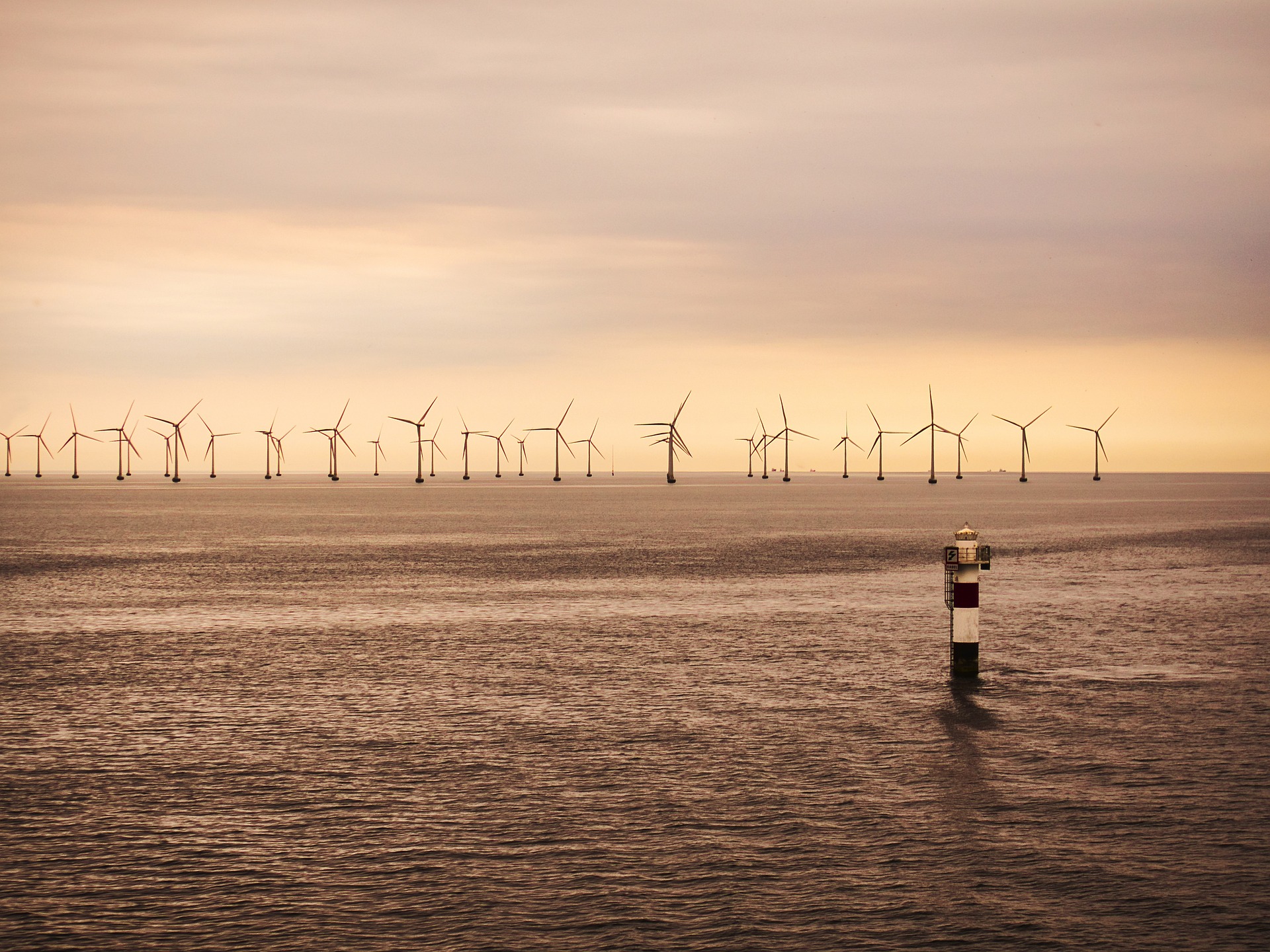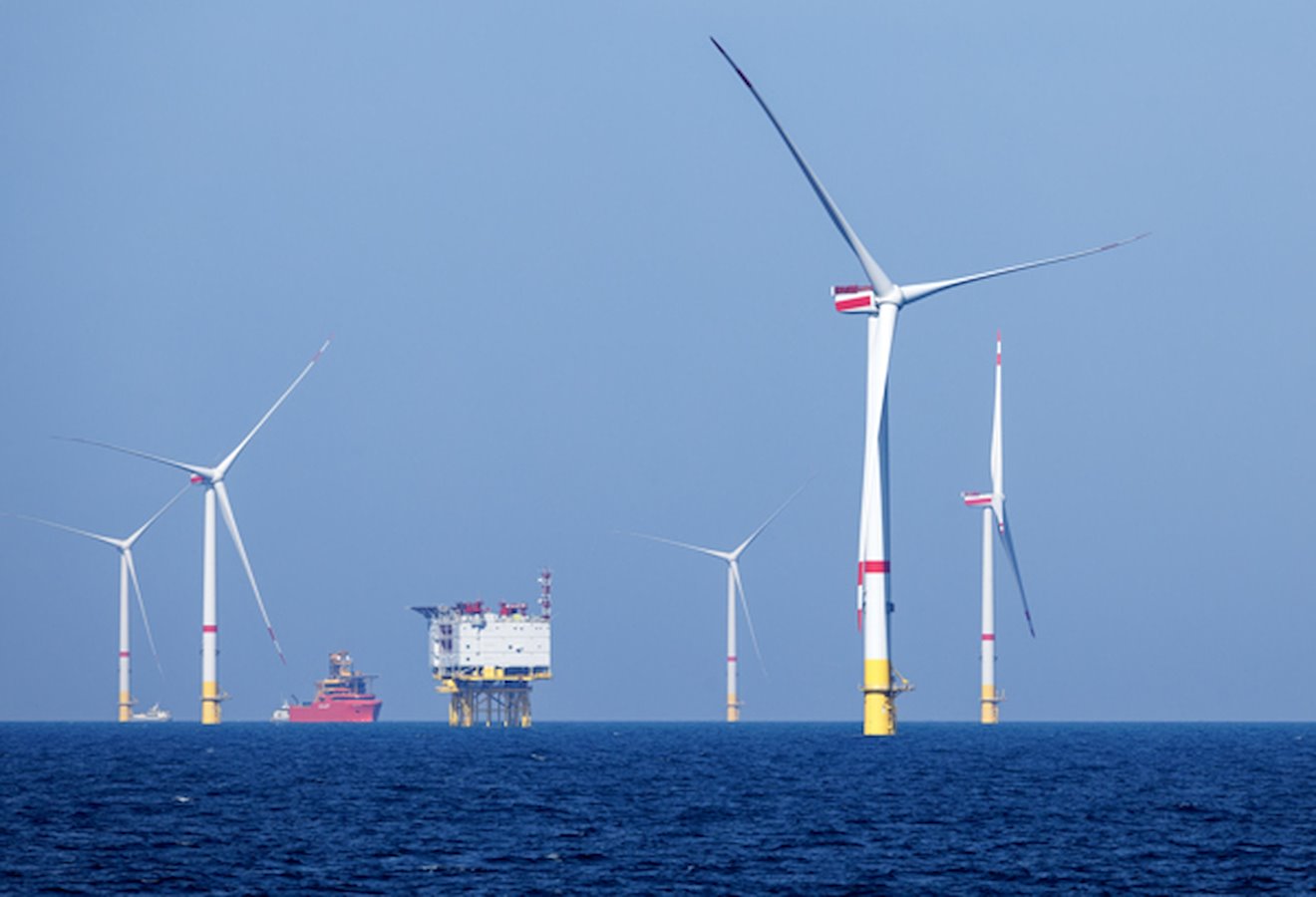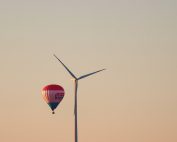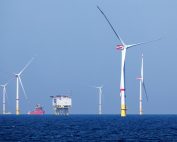The Baltic Sea has become a critical focal point for addressing two interconnected global challenges: achieving energy independence and combating climate change while protecting fragile marine ecosystems. As countries bordering the Baltic Sea ramp up efforts to transition to renewable energy through large-scale offshore wind projects and grid infrastructure, the need to balance these developments with the health of the region’s ecosystems has never been more urgent. A 2024 report from the Offshore Coalition for Energy and Nature (OCEaN) offers a comprehensive roadmap for achieving this delicate balance.
Released in October 2024, the OCEaN report identifies 80 measures designed to help developers of offshore wind farms (OWFs) and grid infrastructure minimize their environmental impacts. The report emphasizes that while renewable energy deployment is essential for addressing the climate crisis, the expansion of human activities in the Baltic Sea—a region already under pressure from overfishing, pollution, and habitat loss—requires careful planning and implementation to avoid exacerbating biodiversity loss.
Nature-Friendly Offshore Energy in the Baltic Sea
The OCEaN report highlights the importance of applying the mitigation hierarchy, prioritizing avoidance of environmental impacts and minimizing unavoidable ones. In the Baltic Sea, this can include measures like micro-siting turbines to reduce collisions with birds and marine mammals or selecting construction materials and designs that are less disruptive to marine habitats. Effective noise mitigation techniques during construction are also crucial, as underwater noise can harm fish, seabirds, and marine mammals.
The report also stresses the importance of ongoing efforts to minimize environmental impacts during the operational phase. For example, science-based curtailment of turbine operations could reduce negative effects on biodiversity, though more research is needed to refine these practices. Additionally, the trend toward fully decommissioning infrastructure at the end of its lifecycle is being reexamined. Extending the operational lifespan of structures, where appropriate, could reduce pressure on ecosystems while supporting long-term sustainability goals.
Addressing Knowledge Gaps
Despite progress, the report identifies several critical knowledge gaps, particularly regarding the cumulative effects of offshore wind development on marine ecosystems. These include understanding the impact of electromagnetic fields on sensitive species, how OWFs affect food webs and primary production, and their potential risks to bats and other less-studied species. Addressing these gaps is essential to ensure that offshore energy development in the Baltic Sea minimizes its ecological footprint.
Collaboration for a Sustainable Future
The report also calls for greater collaboration among stakeholders, including governments, developers, regulators, and conservation organizations. Policies and guidelines that promote flexibility, innovation, and feedback from diverse groups are vital for ensuring offshore wind and grid development aligns with biodiversity goals. This is particularly relevant in the Baltic Sea, where the interconnected nature of marine ecosystems demands cross-border cooperation.
A Path Forward for Baltic Sea Countries
The OCEaN report serves as a reminder that achieving energy independence and addressing climate change need not come at the expense of nature. For countries bordering the Baltic Sea, this means adopting best practices for offshore wind and grid development, filling critical research gaps, and ensuring that environmental considerations are embedded in every stage of the process—from planning and construction to operation and decommissioning.
By prioritizing both energy security and marine conservation, Baltic Sea countries can lead the way in demonstrating how renewable energy can be developed responsibly in ecologically sensitive regions. OCEaN’s 2024 report provides a crucial framework for achieving these dual objectives, offering hope for a future where energy transitions and biodiversity protection go hand in hand.
Full report: https://offshore-coalition.eu/wp-content/uploads/2024/10/OCEaN-Mitigation-Report-2024_compressed.pdf













